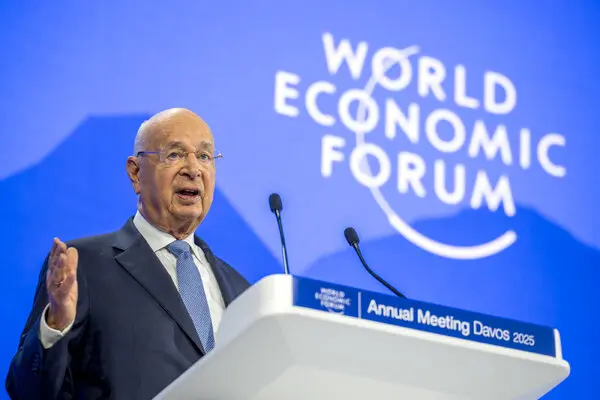Founder and Executive Chairman of the World Economic Forum (WEF), Professor Klaus Schwab, has come under fire following allegations that he manipulated global rankings to favour certain countries and political interests.
The accusations surfaced from whistleblowers within international policy circles and independent analysts, who claimed that the WEF’s competitiveness and innovation indices were being influenced to align with the forum’s ideological and geopolitical preferences. Critics argue that such manipulation distorts the credibility of global economic assessments and undermines the principles of fairness and transparency.
According to emerging reports, some countries that were perceived to align with Schwab’s vision of global governance and economic reform allegedly received more favourable positions, while others were unfairly downgraded. Analysts say this skewed data could influence investor confidence, policy direction, and public perception in affected nations.
Though the WEF has not issued an official response, several political commentators and economists around the world are demanding an independent audit of the methodology used in ranking global competitiveness and innovation.
In Nigeria, economic experts have urged caution, calling for African nations to strengthen their domestic data institutions and reduce reliance on foreign-led economic indices which may not reflect local realities.
Klaus Schwab, who founded the WEF in 1971, has long been a key figure in international policy-making circles. His “Great Reset” initiative, launched during the COVID-19 pandemic, also drew significant controversy over its proposed restructuring of the global economy.
The allegations have sparked renewed debate over the influence of global institutions in shaping national reputations and policies, with many calling for reforms and increased oversight.
